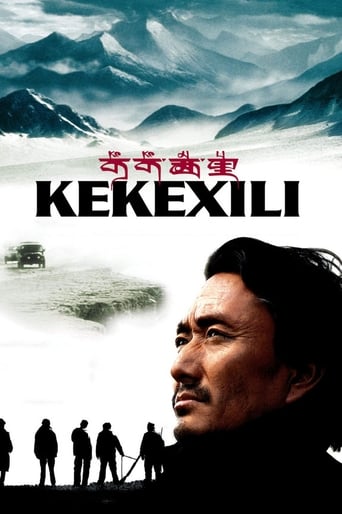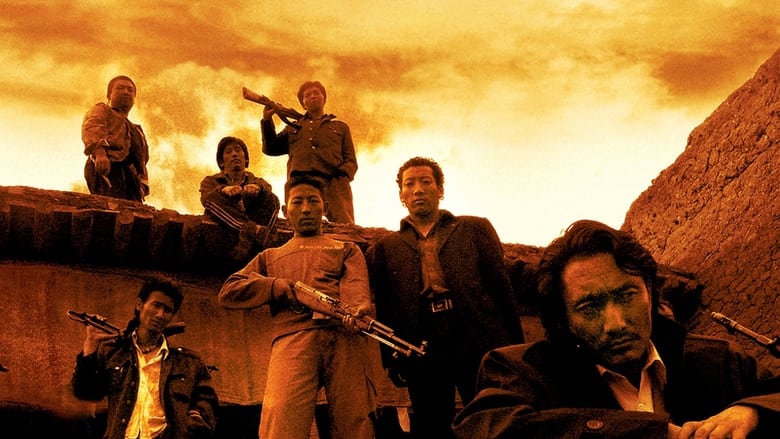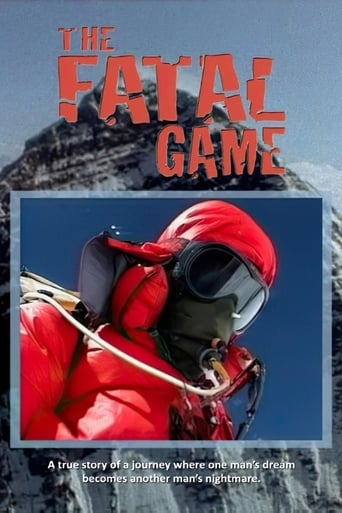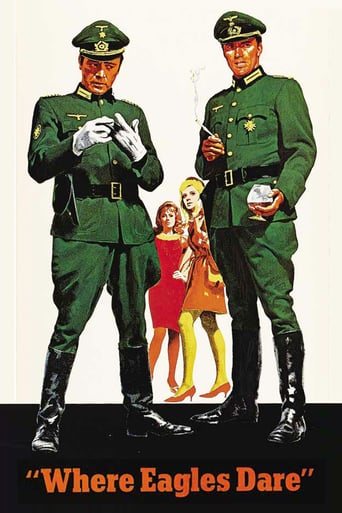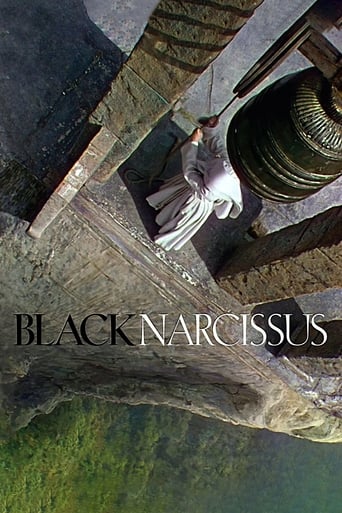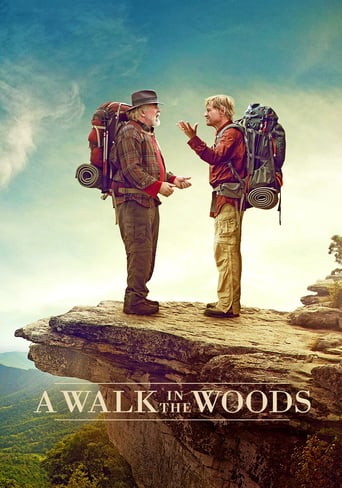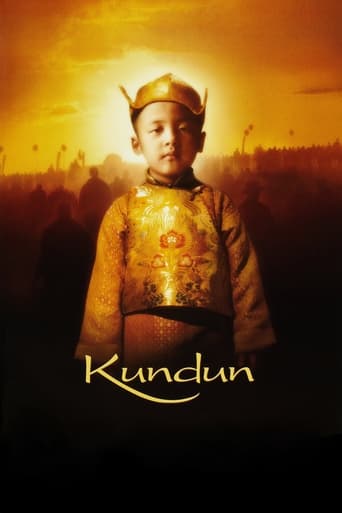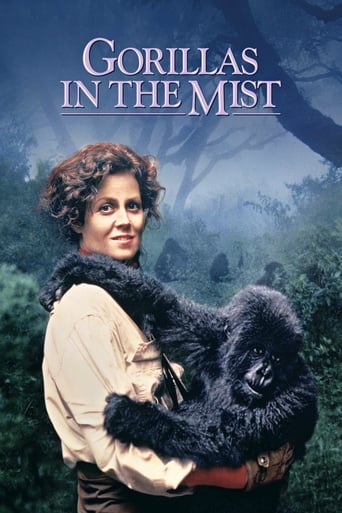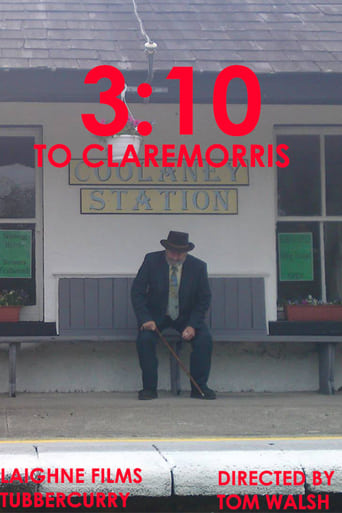Mountain Patrol (2004)
A moving true story about volunteers protecting antelope against poachers in the severe mountains of Tibet.
Watch Trailer
Cast


Similar titles
Reviews
Lack of good storyline.
The story-telling is good with flashbacks.The film is both funny and heartbreaking. You smile in a scene and get a soulcrushing revelation in the next.
Story: It's very simple but honestly that is fine.
One of the most extraordinary films you will see this year. Take that as you want.
Filmed on location in some of the harshest terrain, Kekexili is a film for lovers of great cinematography, animals, the environment, and Tibet. I don't often give 10's for my reviews, but then I don't often run across a movie as great as this.Kekexili is basically a Tibetan western. The Tibetan Antelope have been hunted mercilessly for their pelts which bring good prices for poachers. A group of barely paid citizen volunteers get together and for about 3 years patrol the mountains to try and catch poachers. The men carry machine guns and give plenty of warning shots because their unsanctioned job is to fine or arrest, not to kill the poachers. This is admirable, considering the lack of support from most everyone else and the fact the poachers have no problem killing the patrolmen and do.A Chinese reporter from Beijing accompanies the patrol to various cold, barren locales in the mountains. Some of what he finds along the way seems contradictory to what he originally felt the patrol stood for: occasionally they sold the pelts they confiscate to get money for their provisions when they don't have enough money themselves(or if one of their number gets shot by a poacher). A great quote from the patrol captain was something along the lines of "Have you seen the prostrators on their pilgrimage? Their faces and hands are filthy, but their hearts are pure." Animal lovers will have a love-hate relationship with this film as some animals are actually killed. And the scene where the patrolmen find literally dozens of carcasses, stripped of their pelts by men and their flesh and internal organs by hordes of vultures, is difficult to watch. They haul the dead antelope bodies to a pit and burn them. The clacking of their bones as they are hauled over the earth is quite unsettling, like a deathly wind chime.For the most part, the Tibetan actors are amateurs, but it works unbelievably well. The landscape will take your breath away just as quickly as it did for the patrolmen when they began to get bloody noses from the high altitudes. The film crew had a grueling time with this film; one member was killed in a car accident. Unforgiving climates, harsh and unvegetated terrain, and miles and miles with no towns...it's quite a spectacle, like a frozen desert.I don't want to spoil too much of the plot, but don't look for a happy ending, unless you're an antelope.
Set in stunning scenery on the titular Tibetan plateau, "Mountain Patrol: Kekexili" recreates an extraordinary grassroots effort in the 1990's by supremely dedicated idealists to stop poaching of the Tibetan antelope -- mano to mano with no satellite phones or navigation equipment or much in the way of weapons. For all the thrilling nobility of the volunteers and grueling challenges they face from man and nature, the film naggingly feels like a propaganda effort supported by the Chinese government to show how it supports Tibetan initiatives (including a somewhat smug statement at the end that they have now taken over the protection job from the volunteers). I felt complicit in the occupation even as I got caught up in the film.Their struggle to save the antelope vividly recalls scenes of how the buffalo was decimated in "Dances With Wolves", though we get no inkling of the role of the antelopes in Tibetan culture, so saving them just seems either altruism about a rare animal, nationalism, obsession, stubbornness or macho independence.While we meet several of the volunteers in their isolated monitoring stations and frustrating chases who have a range of personalities and relationships, it is a bit hard to differentiate them other than by the vehicles they are driving or jewelry they're wearing. The exceptions are the patrol's charismatic leader Ri Tai (Duobuji captures the screen) and our entrée to this world, a Beijing-based investigative journalist with Tibetan roots (Ga Ju played by Zhang Lei who effectively communicates his transformation by his experiences).Whle the sense of swaggering male camaraderie is well captured in a military-like bonding of living, traveling and partying hard, they say the area's name translates to "land of beautiful women" and that's supported by the few we see during brief respites.In addition to the breathtaking scenes of the Tibetan plateau, better seen on the wide screen than on TV, in a range of extremely challenging weather and geographic elements (one scene in quick sand is particularly harrowing), the views of Tibetan towns and quotidian life in the mountains are an intriguing sidelight.The subtitles were only hard to read as white on white a few times, though a couple of times they lingered on the screen too long past a dialog, blocking views. National Geographic co-produced the film and has additional information about the film and the cause at their Web site (though for some reason IMDb doesn't consider their's the official movie site).
Meaning "Beautiful mountains; beautiful maidens" in Tibetan, Kekexili is the relentless, harsh mountainous plateau in China's interior west just at the border of Tibet. Together with the splendorous scenery comes ferocious snowstorms and treacherous quicksand. It's these forces of nature that eventually brought peril to a troop of voluntary mountain patroller in the pursuit of poachers of the near-extinct Tibetan antelopes during the mid 90s.The story of the voluntary mountain patrol is told through a Beijing report who accompanied them through a 10-day quest to track down a band of poachers who kidnapped and murdered one of their men. Led by indefatigable leader Ritai, these volunteers from all walks of life shared a common passion, there fervent love of the lordly Tibetan antelopes and hence their furious hatred of the ruthless poachers. The intensity of this passion is brought home to the audience when they witness a scene of a mountain plain littered by hundreds of carcasses of skinned antelopes in the middle of being picked clean by carrion crows, and later reinforced by a similar scene, with the skin of these antelopes spread out to dry, some with crimson bullet holes.Filmed as a semi-documentary, Kekexili does not portray the patrollers as one-dimensional heroes as some Hollywood flicks might have done. We see them, during their red-hot pursuit, rough-handling a minor offender caught with antelope hair instead of cotton padding his coat and a couple of worm catchers who happened to have witnessed the poacher passing by. But these are minor, as we gradually come to understand that desperate for financial resources, as they were only semi-official and not paid by the provincial government, the mountain patrol resorted to selling some of the pelts they confiscated from the poachers. But the lasting impression left with us of the mountain patrol would be their humanity, their simple zest for life, their comradeship, their self-sacrificing spirit and their absolute dedication to doing what they believe in.Kekexili is a deeply moving account of a true story crying out to be told, and has won awards in Tokyo and Taiwan. It deserves to be seen by the rest of the world.* * * After the first screening of Kekexili in the Hong Kong International Film Festival (22 March to 6 April 2005), young, handsome director Lu Chuan answered questions from the audience in Putonghua and respectably fluent English.He explained that he was moved to making this film after reading the report of the Beijing photojournalist Ga Yu. The film took two years in preparation before filming, and was shot at the exact locations of the actual events. He said that in filming the story of the mountain patrol, he was not trying to provide an answer to what fuelled their devotion, but just to reflect what actually happened. On the minor questions, he explained that the five hundred odd carcasses in the film were not from killing antelopes (yes, that was the question!), but were actually from mountain goats that was the natives' normal food. And yes, he himself did try eating raw meat, as the reporter did in the movie, when offered a leg just cut from a rabbit freshly shot..Breaking of the story by the Beijing reporter brought sensational worldwide reaction. In response, the government took strong measures and formed an official force to stamp out poaching of the antelopes. The voluntary mountain patrol, having thus achieved its goal, was disbanded. The population of the Tibetan antelope has since increased.
While I know I am biased and I will explain why, I still feel I should write and try and express the depth of feeling I have for this film.My brother, Alex Graf was a production manager for Columbia Tri-star Asia. He was returning from the filming location in western China when he was killed in a vehicle accident.OK, now you know why I am biased towards this film. That being said, this is a very powerful, visceral film. It is definitely not a feel good film and is, at times very hard to watch. The setting is in the western Chinese high desert. To describe the scenery as beautiful, breathtaking and desolate would be to massively understate it. What an incredibly vast, unforgiving, yet hauntingly mesmerizing landscape, and Lu Chuan takes full advantage of this. One aspect of the film that is unexpected, and demonstrates Lu Chuan's mastery of film making is that you expect to despise the poachers but somehow you end up understanding their plight as much as that of the patrol. If what I have written here still doesn't move you to see this film then see the film as see for yourself you will not be disappointed. Andrew Graf

